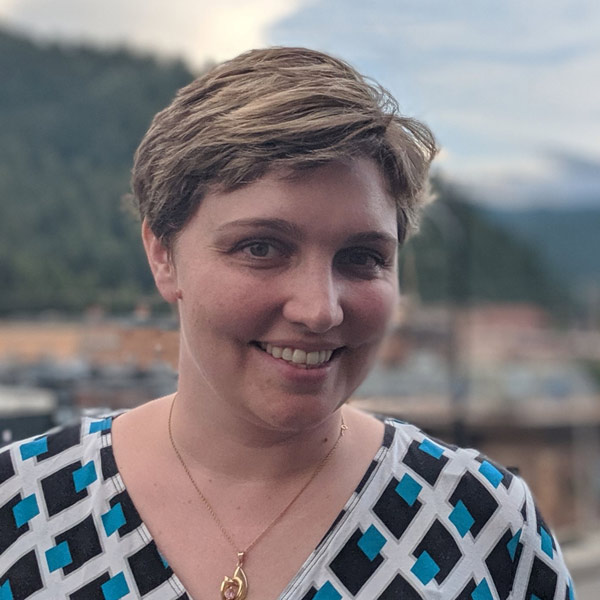Recent Publications
“Documenting and Exchanging Simulation Specifications: A Language-Agnostic Approach”, Alan G. Isaac, Social Science Computer Review, 2024.
"Headhunting and Warfare in Austronesia: A Phylogenetic Comparative Analysis," Boris Gershman & Tinatin Mumladze. Journal of Economic Behavior and Organization 220, April 2024, 768-791.
“Rule-Based Trading on an Order-Driven Exchange: A Reassessment,” Alan G. Isaac & Vasudeva Ramaswamy. Quantitative Finance 23(12), 2023, 1871–1886.
“Direct and Indirect Transmission of Avian Influenza: Results from a Calibrated Agent-Based Model,” Amanda Beaudoin & Alan G. Isaac. Journal of Economic Interaction and Coordination 18, January 2023, 191–212.
Blecker, Robert A., "Goodwin Cycles," in Rochon, Louis-Philippe, and Sergio Rossi (Eds.), Elgar Encyclopedia of Post-Keynesian Economics, Edward Elgar Publishing, 2023.
Blecker, Robert A., "Open Economy Macro Models," in Rochon, Louis-Philippe, and Sergio Rossi (Eds.), Elgar Encyclopedia of Post-Keynesian Economics, Edward Elgar Publishing, 2023.
Sheng, Xuguang (Simon), Salem Abo-Said, and Zidong An, "Inattention and the Impact of Monetary Policy," Journal of Applied Econometrics, January 2023.
Blecker, Robert A., "Chapter Eleven. Mexico: Unequal Integration and 'Stabilizing Stagnation,'" in Wray, L. Randall and Flavia Dantas (Eds.), Handbook of Economic Stagnation, Elsevier, 2022: 225-249.
See more at





